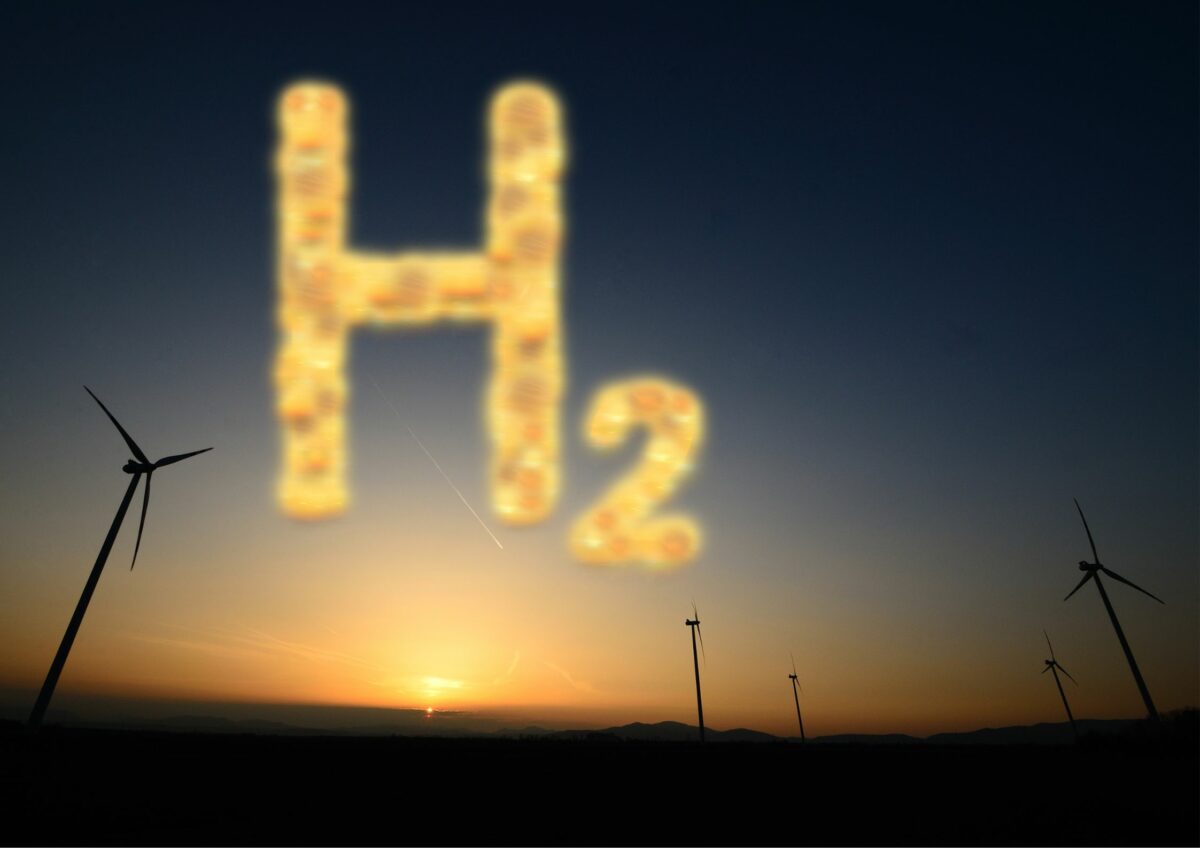 German institutions Aqua Ventus Förderverein eV and the German Hydrogen and Fuel Cell Association (DWV) eV have joined forces to accelerate the development of offshore wind-hydrogen production in the North Sea.
German institutions Aqua Ventus Förderverein eV and the German Hydrogen and Fuel Cell Association (DWV) eV have joined forces to accelerate the development of offshore wind-hydrogen production in the North Sea.According to the agreement, the two organizations will work closely to create a regulatory framework by 2035, which will allow them to install at least 10,000 MW of generation capacity for green hydrogen from offshore wind energy and to establish the necessary transport infrastructure in the North Sea. The goal of this collaboration is to create a reliable and economical renewable energy supply that will help Germany achieve its climate goals.
Offshore wind farms have enormous potential for producing clean energy, and the use of green hydrogen produced from this energy could greatly reduce carbon emissions in various industries. However, the challenge is in building the necessary infrastructure, including pipelines for transporting the hydrogen. Aqua Ventus and DWV are aware of the challenges and have taken an important step towards overcoming them by signing this cooperation agreement.
“The partnership between Aqua Ventus Förderverein and DWV will help promote wind-hydrogen production and offshore pipeline transport of green hydrogen in the European network,” said Werner Diwald, CEO of DWV. “We are confident that this objective will make a decisive contribution to a reliable and economical renewable energy supply for the German economy and our citizens.”
Jörg Singer, 1st CEO of Aqua Ventus, also expressed enthusiasm about the partnership, stating that it would give the organization representation in political Berlin, which is critical for addressing future challenges.
If successful, this project could have a significant impact on the environment and the economy, as Germany’s offshore wind farms could produce enough green hydrogen to meet the needs of various industries, including transportation, heating, and manufacturing. Additionally, the development of such infrastructure could create new jobs in the renewable energy sector.